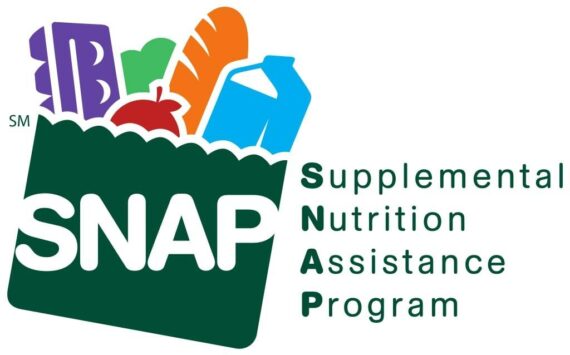As the summer season begins, the Department of Labor and Industries urges employers to help protect kids by making job safety a priority.
Teens are twice as likely to suffer workplace injury as adults, according to L&I research. Inappropriate supervision, poor training and dangerous equipment are often factors in those injuries.
Young people often begin summer jobs with a sense of excitement and a desire to prove themselves, but with little knowledge of critical safety practices, said L&I Director Paul Trause. We must work together to make sure our children are safe as they learn about the world of work.
Teens are most likely to suffer injuries such as cuts, sprains and burns as they work in restaurants, grocery and department stores, health-care facilities, amusement parks, recreation facilities and agriculture. However, they are also at risk of fractures, concussions, amputations and even fatal injuries.
Efforts to curt teen-worker injuries in recent years by businesses, labor unions, schools, governmental agencies and other organizations have paid off.
In Washington state, reported injuries for minors dropped nearly a third during the past decade. From 1992 to 2002, L&I accepted about 27,000 claims for work-related injuries to minors, in both agricultural and non-agricultural jobs. Seven teens died from work-related injures during that time.
Employers who want to hire teens need a minor work endorsement for their master business license, and a parent authorization from for the teens work hours and job assignment.
Here are some of the other rules for employers who hire teenage workers:
– In general, 14- and 15-year-olds may perform lighter tasks such as office work, cashiering and stocking shelves, bagging and carrying groceries, janitorial and grounds maintenance (without operating power mowers or cutters) and food service that does not involve cooking or baking duties.
– Work assignments for 16- and 17-year-olds can be less restrictive. Their jobs may include such things as cooking, baking, landscaping, window washing (no more than 10 feet off the ground), maintenance and repair and amusement-park work.
– Generally, if safety equipment other than a hard hat, eye protection or gloves is required on the job, then its not an appropriate job for minors.
– Fourteen- and 15-year-olds can work up to 40 hours a week while school is not in session; 16- and 17-year-olds can work up to 48 hours per week.
– Agricultural rules prohibit all minors from working with certain chemicals, pesticides and explosives; and in other hazardous jobs. Additional restrictions, including operating equipment, apply to minors under age 16.
More resources, including information on a jointly sponsored program aimed at preventing teen injuries in quick-service restaurants, can be found at L&Is teen worker Website at:
www.LNI.wa.gov/scs/workstandards/te-enworker.htm.




